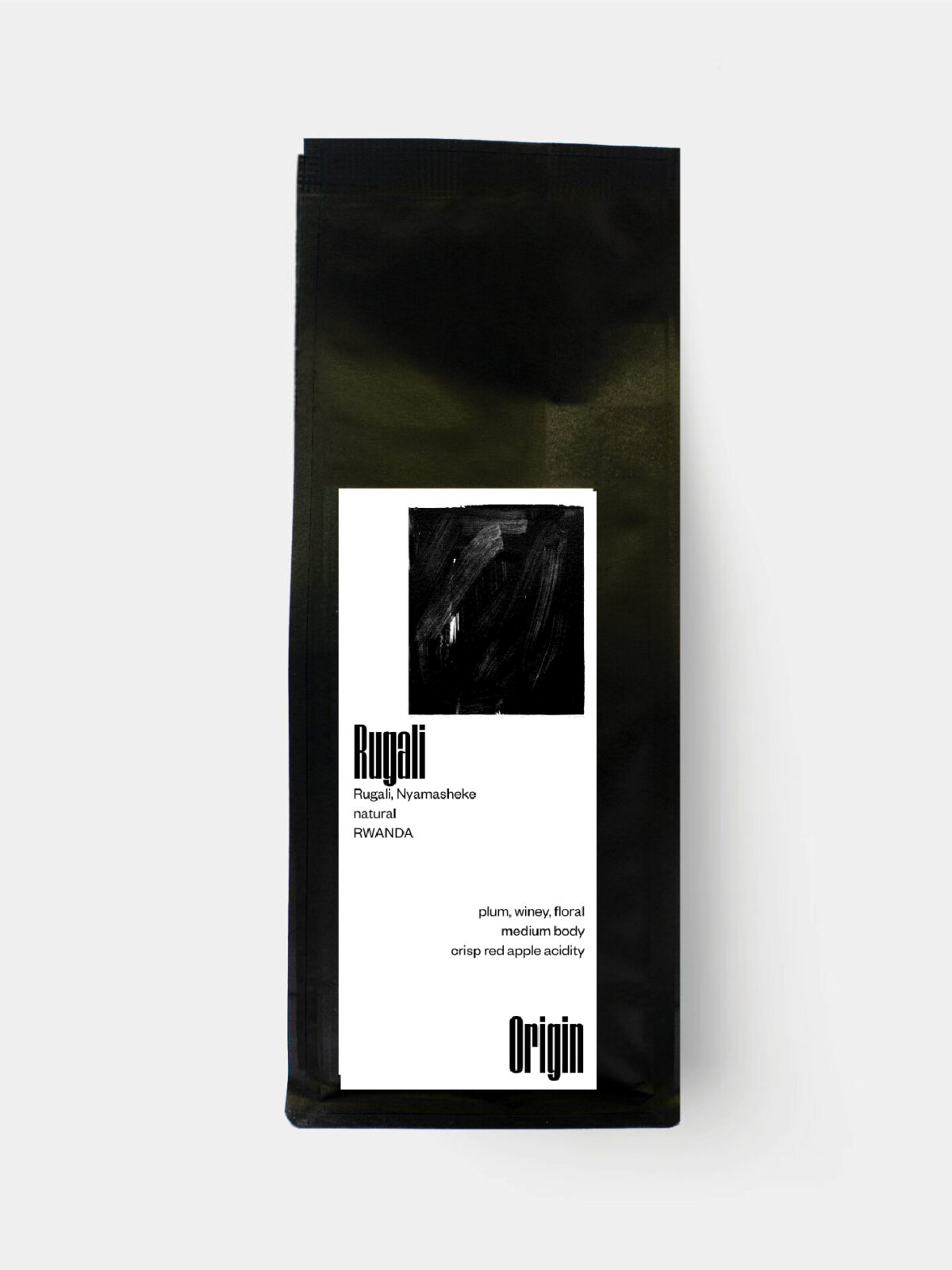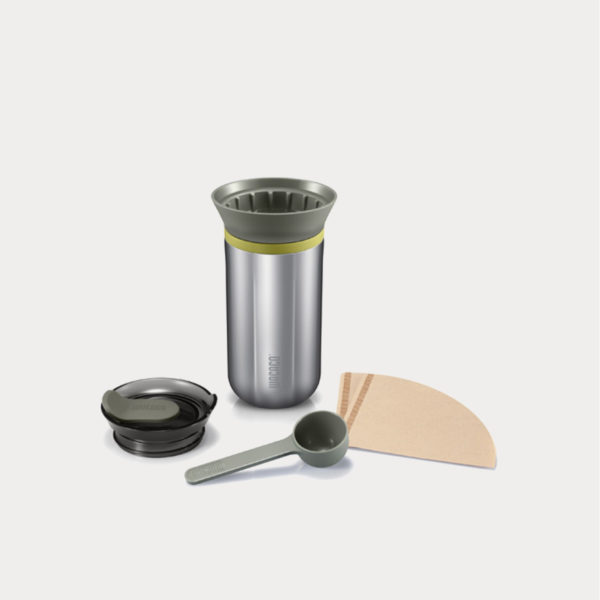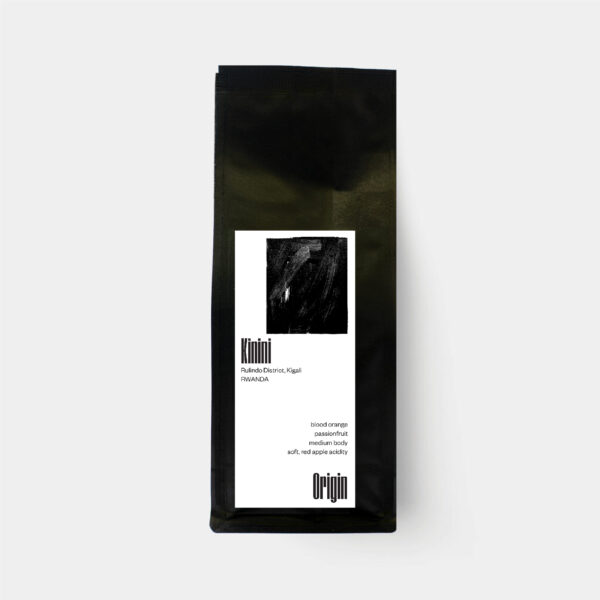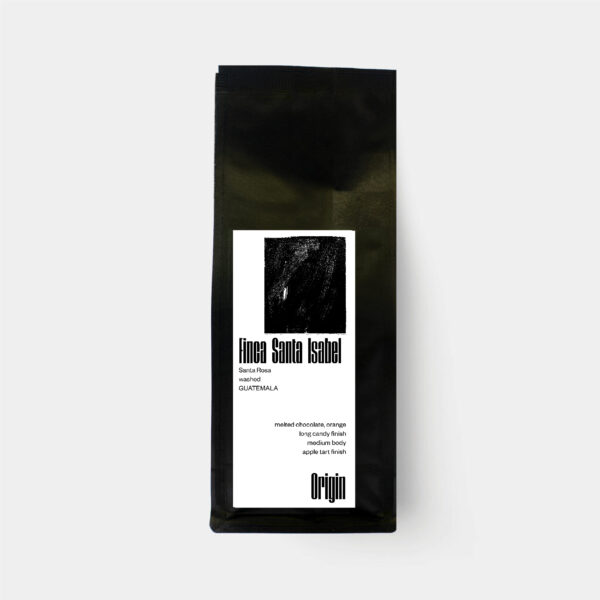Rwanda Rugali
plum, winey, floral, medium body, crisp red apple acidity
R199.00 – R715.00
Washing Station Rugali
District Nyamasheke
Altitude 1550 – 1800 masl
Varietals 100% Red Bourbon
Processes natural
Harvest April – June
Flavours Plum, winey, floral
Body medium
Acidity balanced soft red apple malic acidity
Roast medium
Suggested Brewing siphon : Aeropress : v60 plunger espresso :
milk-based espresso
Our single origin coffees are all packed into 250g bags straight from the roaster. For optimal freshness, if you select 1kg of a single-origin coffee, it will be shipped as 4x250g bags.
Our blends and decaf are packed into both 250g and 1kg bags.
Rwanda Rugali Washing Station
Location & Growing Conditions
The Rugali washing station is located on the shores of Lake Kivu, in the Nyamasheke district, western Rwanda. With 124 drying beds, the station serves 1,150 farmers who deliver cherries to this station. Rugali has five full-time staff members and expands to 180 seasonal workers during the harvest season.
Muraho, our partner in Rwanda this year, who work directly with small producers in five washing stations located in two of the main coffee-growing areas of the country. Muraho’s objective is to promote better agricultural practices and with this, increase the quality and volume of production, thus improving the quality of life of coffee growers. Last season, Muraho developed nurseries for a total of 110,000 coffee trees (Kilimbi 50,000 and Rugali 60,000) and distributed them to coffee growers in the Nyamasheke district. This crop renewal program is much needed, as a large percentage of African coffee trees are between 40 and 50 years old and their yields are low.
Related products
-
Wacaco Cuppamoka
R899.00 Buy Now -
Summer Blend 2024
R139.00 – R499.00 Buy Nowwell balanced – chocolate – cinnamon – creamy & smooth
-
Rwanda Kinini
R189.00 – R680.00 Buy Nowblood orange – passionfruit – caramel – fig – soft, sweet, read apple acidity
-
Guatemala Finca Santa Isabel
R169.00 – R610.00 Buy Nowblood orange – passionfruit – caramel – fig – soft, sweet, read apple acidity




